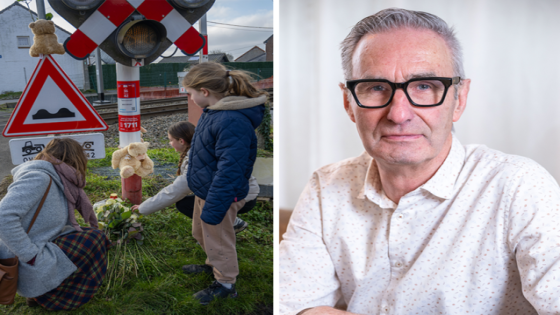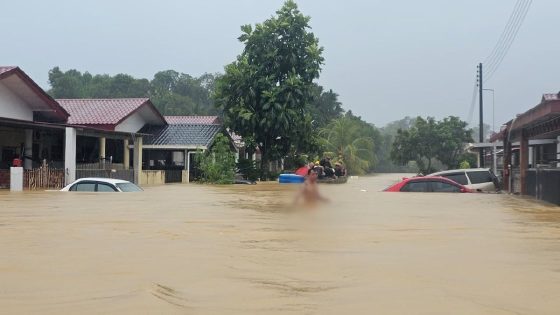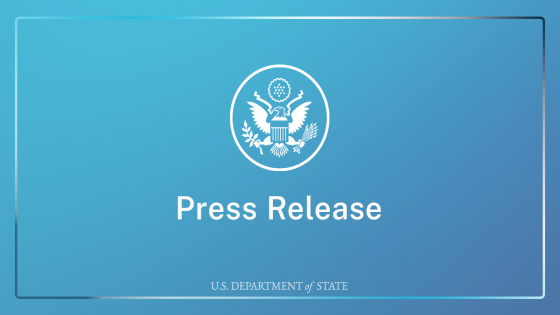On February 5, 2025, a tragic train accident claimed the life of an 11-year-old boy named Paolo in Boutersem. How do train operators cope with such devastating incidents? The emotional toll on drivers can be immense, leaving many to wonder about the support systems available for them.
- Train driver struggles with fatal accident recovery
- 11-year-old boy dies in train collision
- School and community set up mourning register
- Young cyclist killed by train in Boutersem
- Emotional impact on train operators highlighted
The Emotional Impact of Train Accidents on Operators
What happens to train drivers after a fatal accident? The emotional aftermath can be overwhelming. Many operators face severe stress and guilt, questioning their actions during the event. Understanding how they navigate these feelings is crucial for improving safety and mental health support.
The Need for Mental Health Support After Fatal Incidents
Mental well-being is essential for train operators, especially after traumatic experiences like fatal accidents. Support systems must be in place to help them recover emotionally and psychologically. Here are some key considerations:
- Access to counseling services post-incident
- Peer support groups for shared experiences
- Training programs focused on coping mechanisms
- Adequate time off to process emotions
Coping Strategies for Train Drivers After Tragedy
Coping with trauma requires effective strategies. Many drivers benefit from professional counseling that addresses grief and guilt directly related to their experiences. Additionally, engaging in peer discussions can provide comfort as they share similar stories.
The Role of Community Support in Healing Processes
The community plays a vital role in helping affected families and individuals heal from tragedies like this one. Local initiatives can create safe spaces where people come together to share their feelings and memories, fostering a supportive environment.
Long-term Effects of Traumatic Experiences on Train Operators
Long-term consequences of such incidents may include anxiety or depression among train operators if left unaddressed. Ongoing mental health evaluations and open dialogues about these issues are necessary to ensure their well-being over time.
This tragedy serves as a reminder of the importance of mental health resources not just for victims’ families but also for those who operate trains daily.































